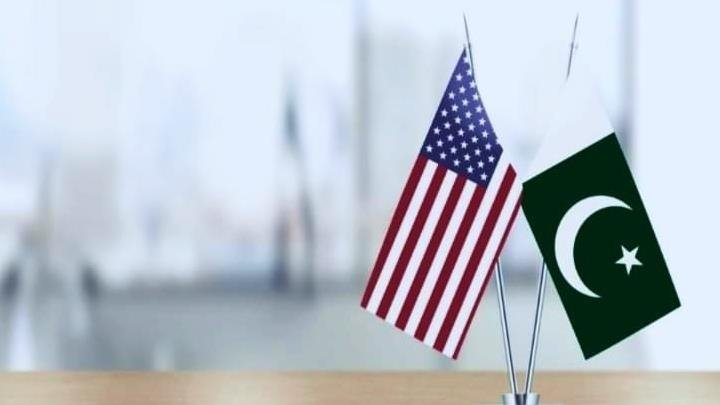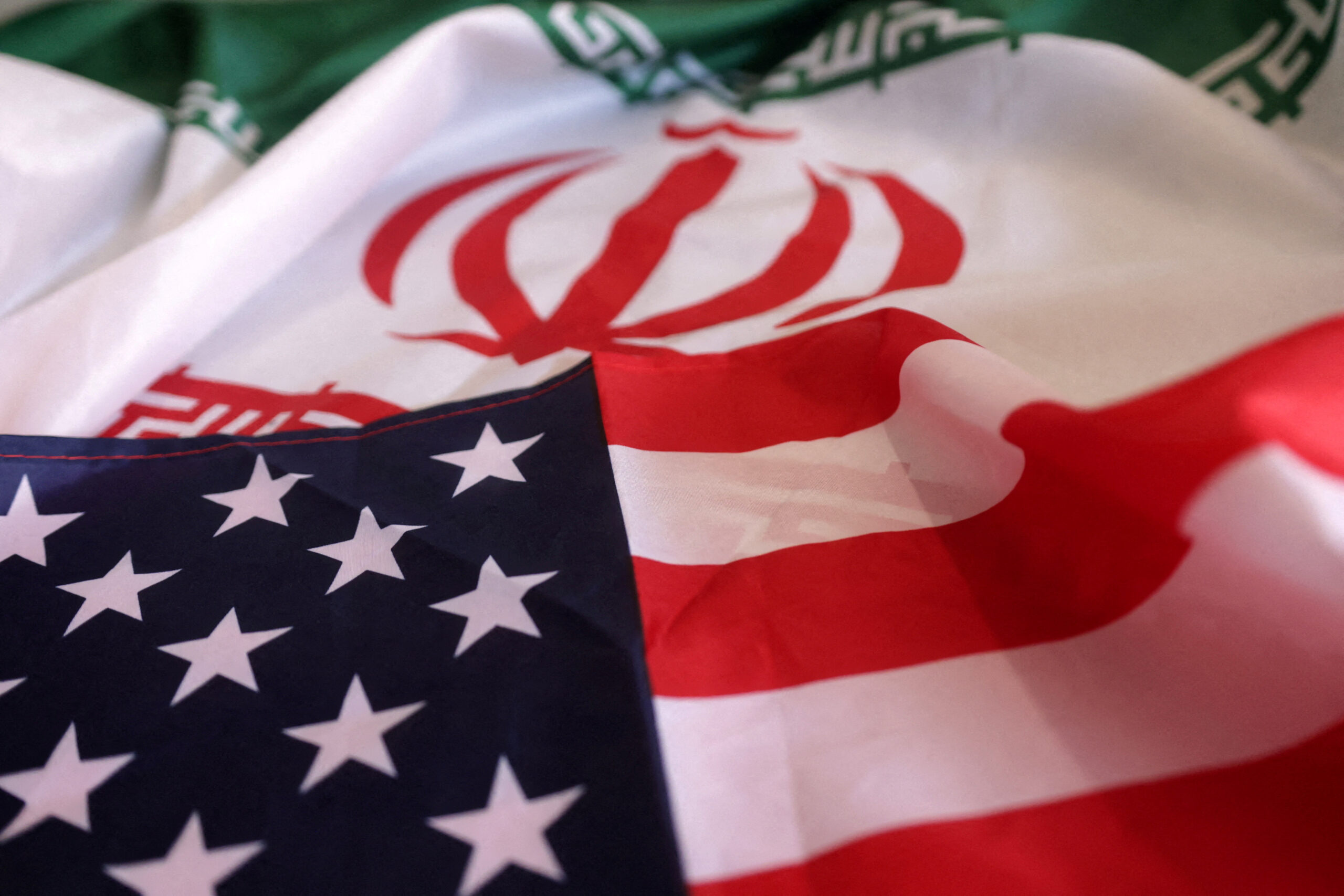Arshad Mahmood Awan
Over the years, Pakistan has been required to perform a delicate balancing act when it comes to its relations with two of the world’s most influential nations: the United States and China. These two countries hold significant importance for Pakistan, albeit for different reasons. As global tensions between the US and China escalate, Pakistan faces an even more challenging task in navigating its economic, security, and foreign policy considerations. However, one path forward may involve leveraging its historical role as a mediator—a role it has previously occupied, especially in moments of geopolitical crises, such as in 1971.
In 2022, Prime Minister Shehbaz Sharif articulated Pakistan’s potential to play the role of a diplomatic bridge between the US and China. More recently, PPP Chairman Bilawal Bhutto Zardari reiterated this vision, emphasizing that Pakistan has the unique capacity to facilitate dialogue between the two superpowers. Speaking at the Munich Security Conference, Bilawal highlighted Pakistan’s historical ability to mediate between countries with conflicting interests, underscoring the importance of this approach in Pakistan’s future foreign policy. His remarks reflect a pragmatic outlook: rather than taking sides in the growing rivalry between the US and China, Pakistan aims to position itself as a neutral and constructive partner for both.
This approach reflects not just political ambition, but a keen understanding of Pakistan’s unique geopolitical position. The country’s relationship with China is grounded in economic and strategic cooperation, most notably through the China-Pakistan Economic Corridor (CPEC). Conversely, the United States remains an essential partner, particularly in areas such as counterterrorism efforts and regional stability. However, as the US increasingly focuses on countering China’s growing influence—especially through its strategic alignment with India—the landscape in South Asia is shifting rapidly.
Former Foreign Minister Bilawal’s comments touch on a critical point: if the US continues to view India as a counterbalance to China, it risks upsetting the delicate power balance in South Asia. The ongoing arms race between India and Pakistan is an unfortunate consequence of this dynamic. Furthermore, the prospect of peace between Pakistan and India remains fraught with challenges, primarily due to longstanding territorial disputes that continue to cloud bilateral relations.
Pl, watch the video and subscribe to the YouTube channel of republicpolicy.com for quality podcasts:
The security landscape in Pakistan is another key factor in the country’s foreign policy approach. The withdrawal of US forces from Afghanistan created a power vacuum in the region, further complicating Pakistan’s position. The enduring threat of terrorism, particularly from militant groups operating along the Pakistan-Afghanistan border, continues to undermine the country’s stability. In this context, Pakistan’s ability to effectively manage its internal security challenges will be a critical determinant of its success on the global stage.
As the world becomes increasingly polarized, national interests often collide in ways that make diplomatic maneuvering difficult. In light of this, it is essential for Pakistan to pursue a balanced, multi-faceted foreign policy approach—something it has done for many years. The country’s ability to engage with both China and the US, while simultaneously seeking new avenues for regional cooperation with India, is a testament to its diplomatic flexibility. However, this strategy hinges on Pakistan’s ability to manage its security concerns and resolve internal challenges, particularly its ongoing battle against terrorism.
Positioning Pakistan as a neutral diplomatic bridge, rather than a battleground for competing superpowers, would significantly improve the country’s security and economic standing. But this, of course, is conditional upon achieving internal political stability. Moreover, Pakistan’s ability to maintain strong relationships with both the US and China will also depend on the broader geopolitical climate, particularly whether the US is willing to de-escalate tensions with China in the coming months.
What would ultimately be beneficial for the world—and for Pakistan—is a reduction in the combative nature of superpower relations. A less confrontational approach between the US and China would not only ease global tensions but would also provide Pakistan with a more conducive environment to act as a constructive intermediary. If Pakistan can navigate these complexities successfully, it will reinforce its position as a crucial player on the world stage, capable of fostering dialogue and cooperation among some of the most powerful nations on Earth.
In conclusion, Pakistan’s role as a diplomatic bridge between the US and China is a nuanced and challenging proposition. It requires a careful balance of economic, security, and diplomatic priorities. While the road to peace and stability remains fraught with obstacles, the potential rewards for Pakistan—both in terms of its foreign relations and its economic growth—are substantial. To achieve this, Pakistan must remain steadfast in its commitment to neutrality, pragmatism, and dialogue, while also addressing its internal challenges. Only time will tell if the country can successfully navigate these turbulent waters and carve out a space for itself as a mediator in a world increasingly defined by rivalry and division.

















